Equally American calls for protecting healthcare access in the US territories
Equally American issued the following statement after testifying before the House Energy and Commerce Subcommittee on Health on protecting access to health care in US territories:
“Protecting access to health care in the territories is a matter of basic fairness,” said Neil Weare, President and Founder of Equally American, a nonpartisan public interest organization that works to advance equality and voting rights in US territories. “For example, citizens in US territories have historically received less Medicaid funding than citizens in states with similar per-capita incomes,” Weare explained. “On top of that, Medicaid funding for the territories has long been arbitrarily capped well below the territories’ actual needs, which creates uncertainty, instability, and vulnerability that discourages providers in the territories from serving low-income patients, which has life and death consequences.”
“Protecting access to health care in the territories is also a matter of racial equity,” Weare continued. “Ninety-eight percent of Americans living in the territories identify as racial or ethnic minorities, or indigenous peoples,” Weare noted. “These communities have historically faced impediments to equitable access to health care.”
“More importantly, protecting access to health care in the territories is crucial to avoid a looming crisis,” Weare warned. “Favorable Medicaid treatment for territorial residents that was initially enacted as temporary will soon end unless Congress acts,” Weare continued. “Without congressional action, the territories will fall off a Medicaid ‘cliff,’ meaning that Medicaid funding will run out part way through the year, jeopardizing lives.”
To address structural vulnerabilities for the territories, Equally American is calling on Congress to eliminate Medicaid’s general funding lamination for the territories so that every American, no matter where they live, can have equal access to health care services,” Weare concluded.

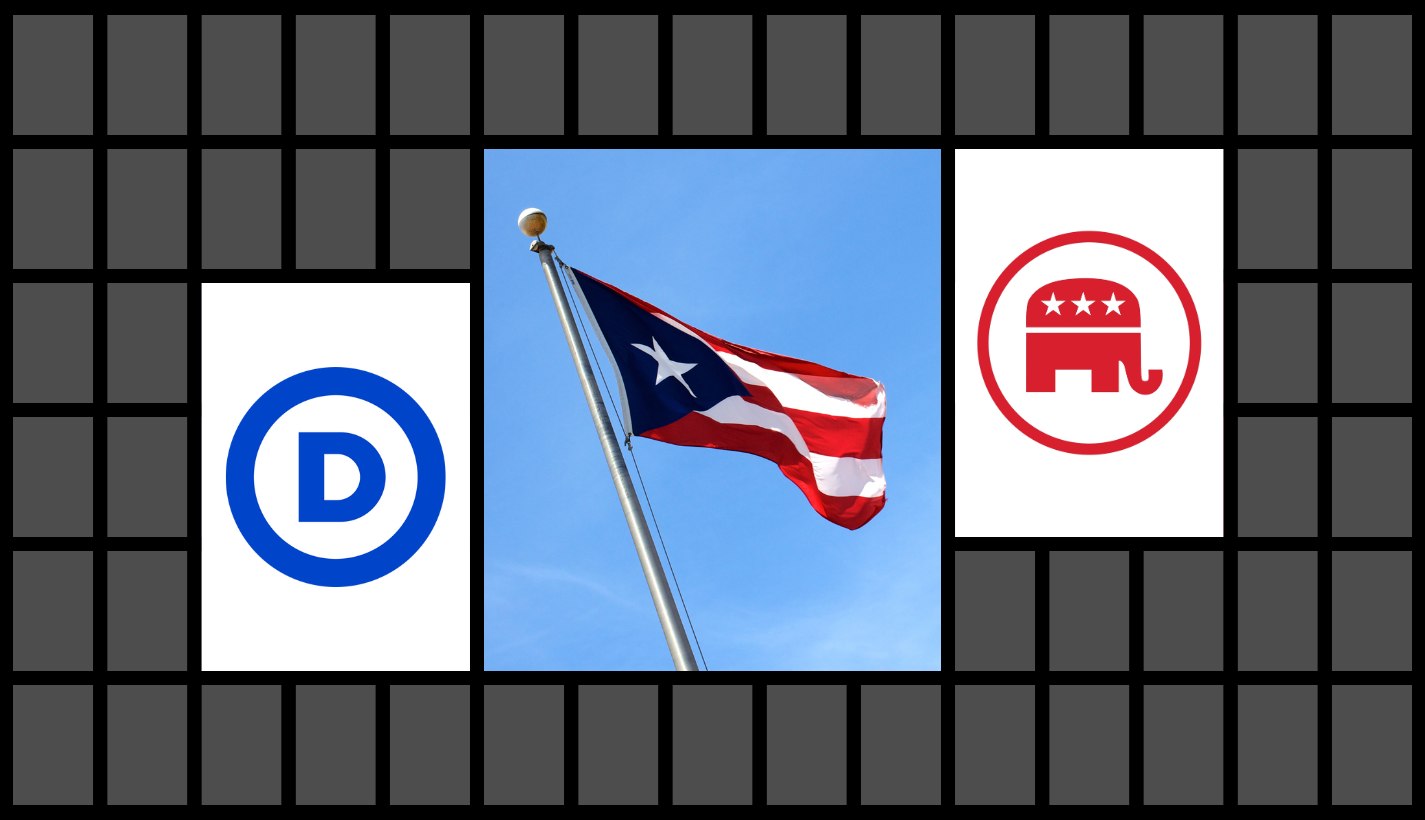
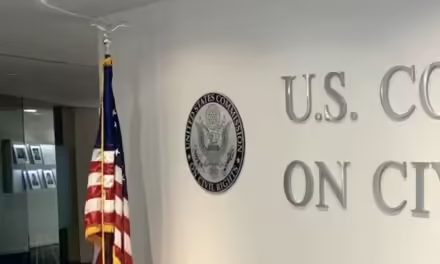
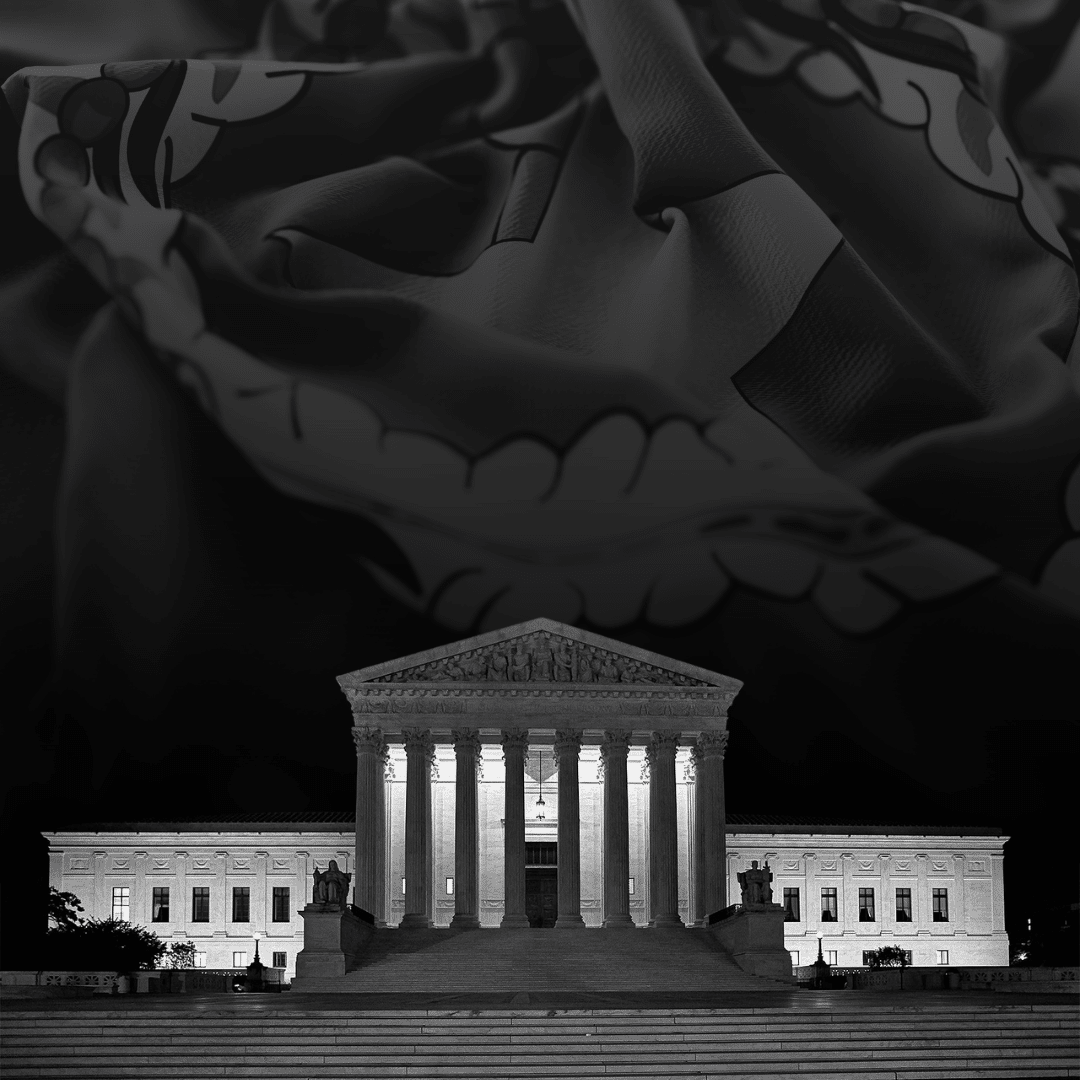

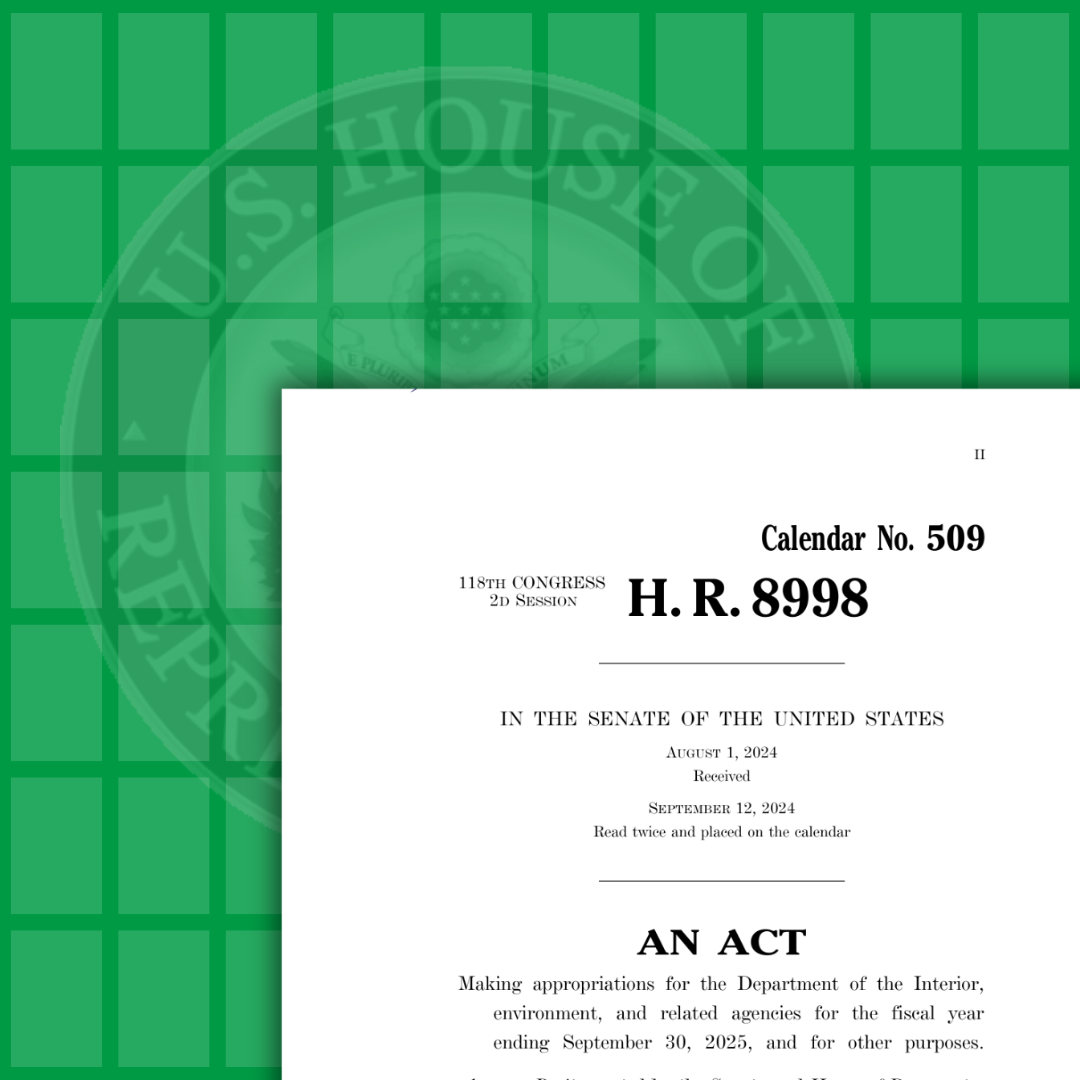
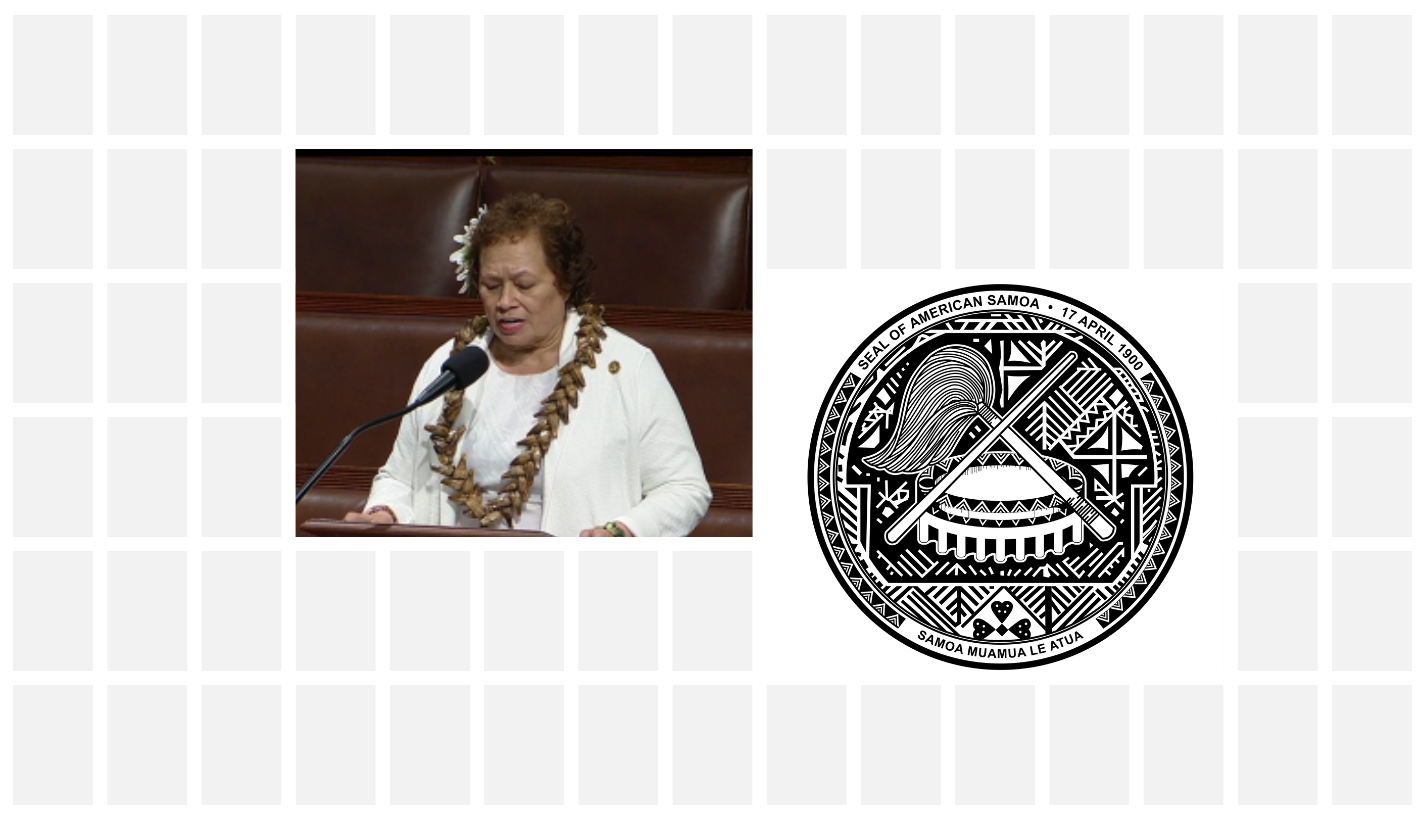
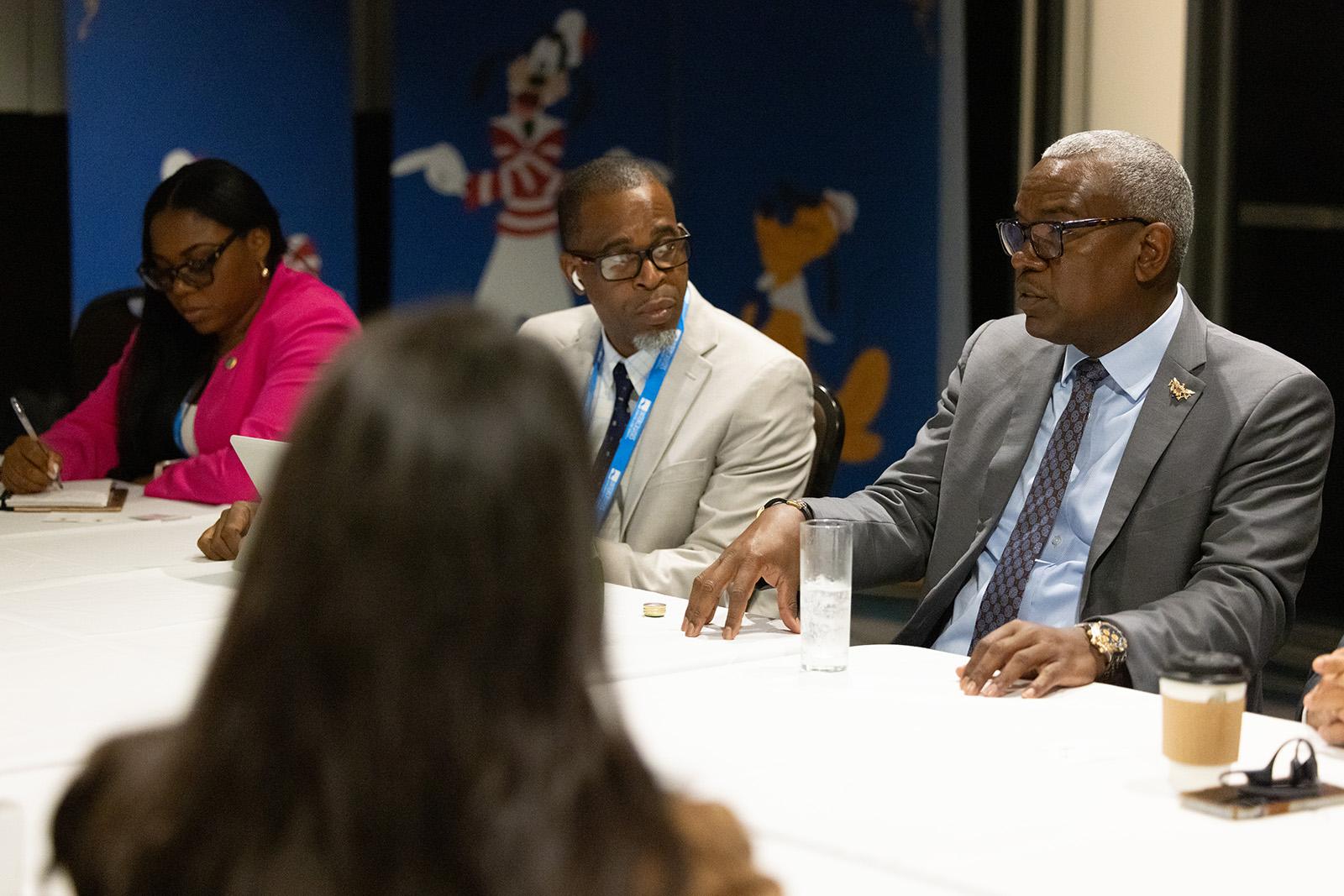



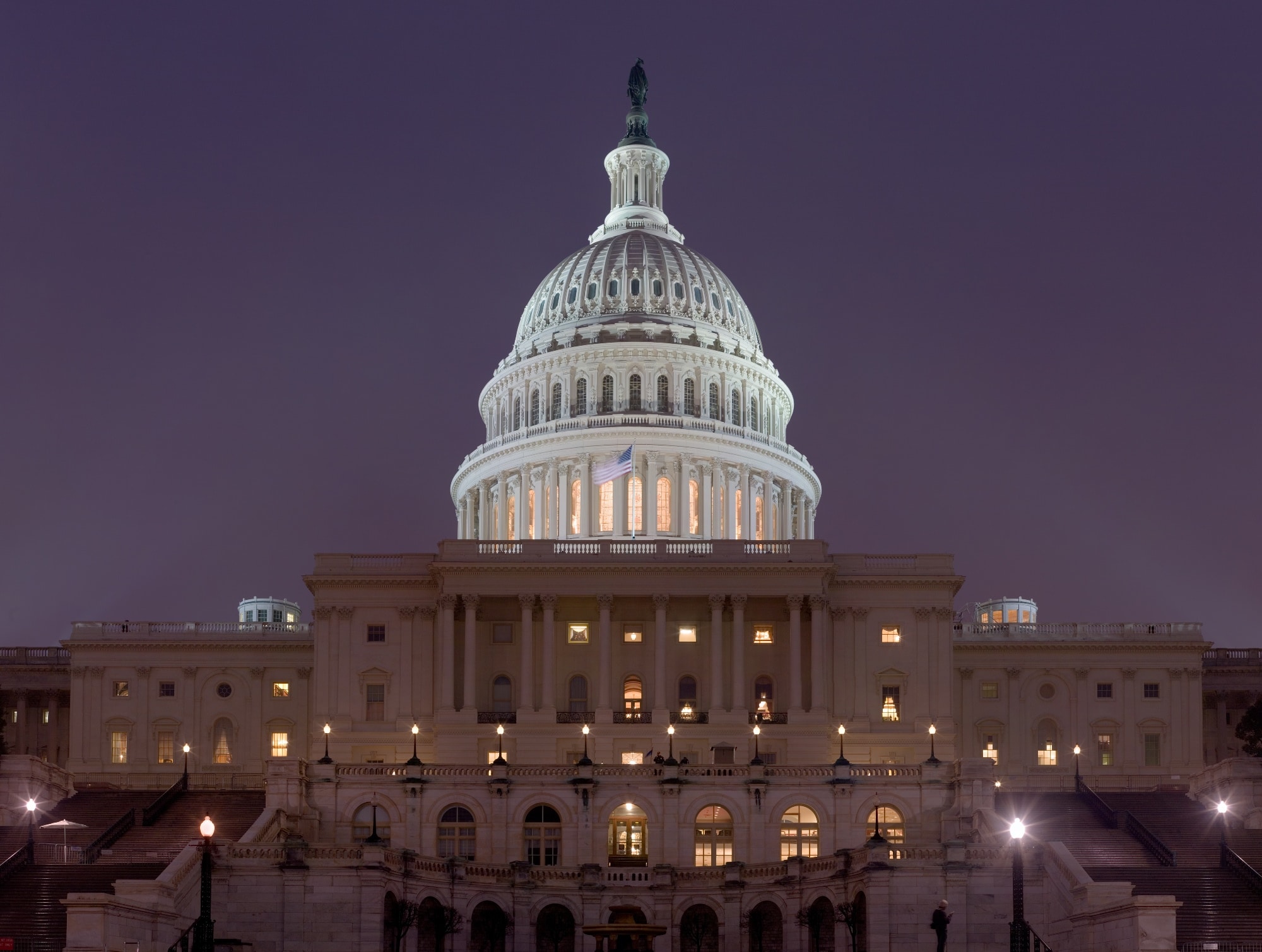
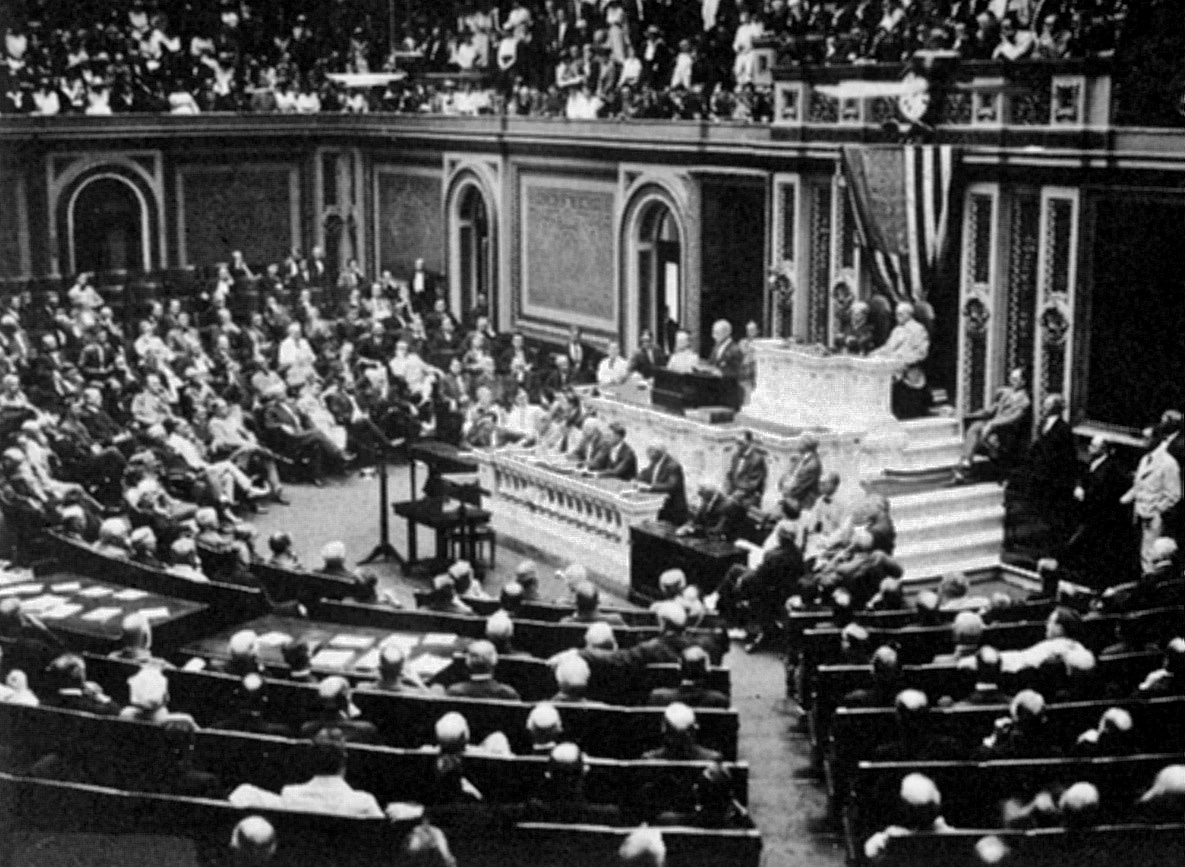

Trackbacks/Pingbacks